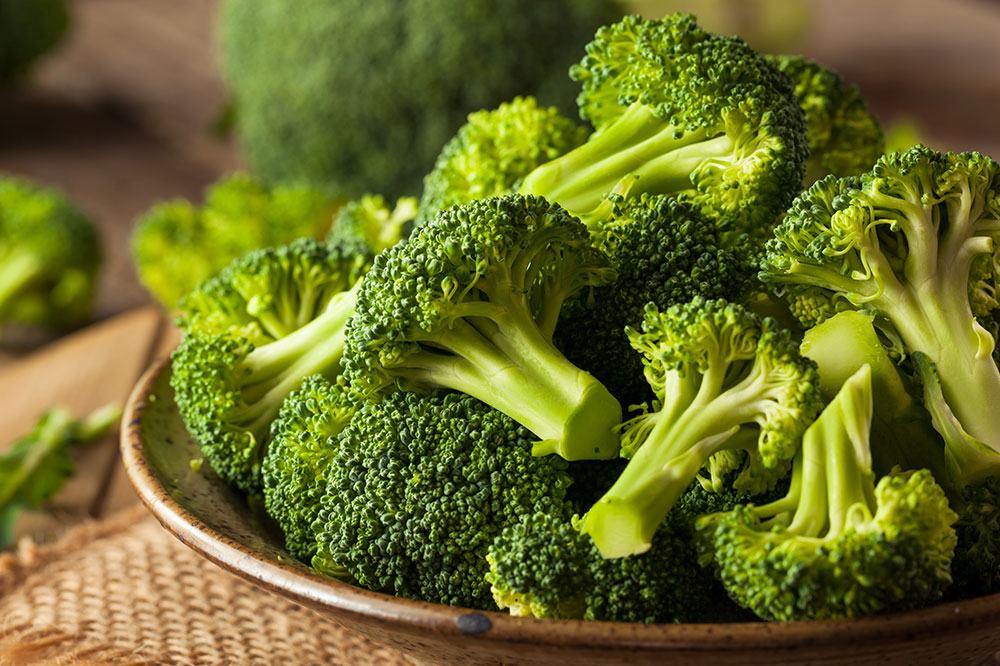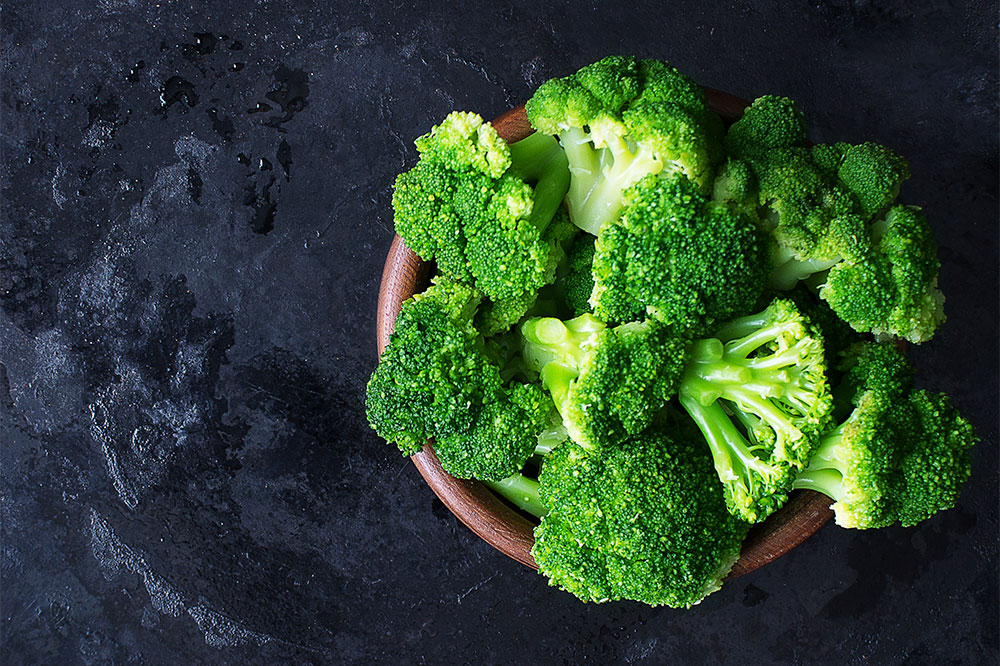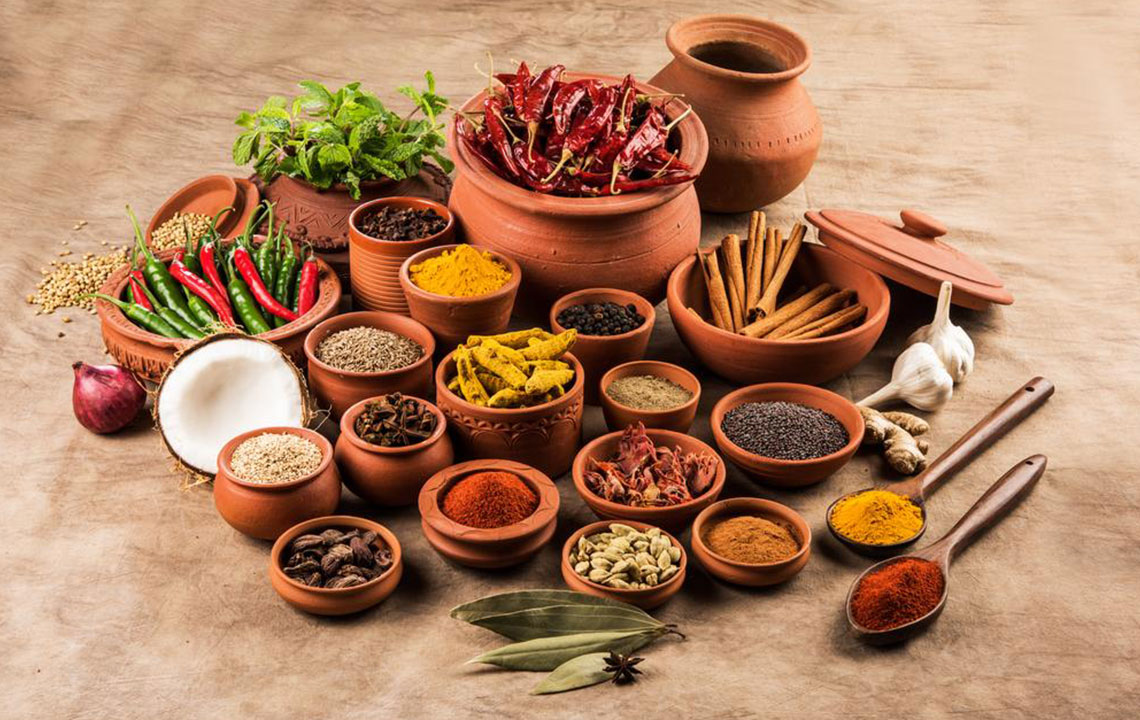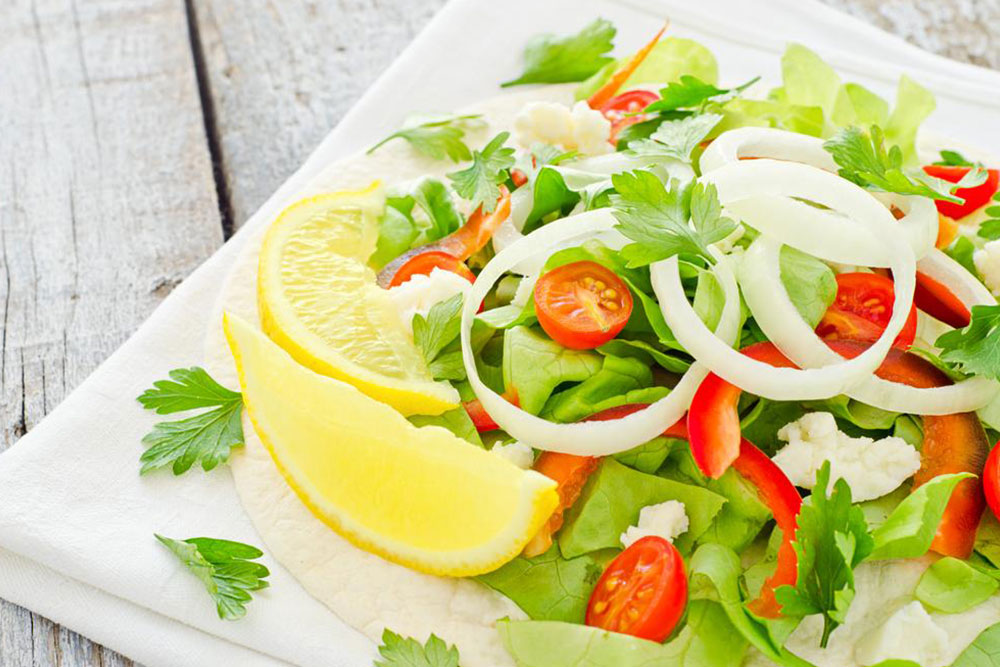Comprehensive Strategies for Cancer Prevention and Cutting-Edge Treatments: Dietary Guidance and Innovative Therapies
This comprehensive article discusses essential dietary strategies for cancer prevention, highlighting foods to include and avoid. It also explores innovative therapies like CAR T-cell therapy and Ibrutinib that are transforming cancer treatment. Learn how lifestyle modifications and modern medical advancements can reduce your risk and improve outcomes for various cancer types.

Comprehensive Strategies for Cancer Prevention and Cutting-Edge Treatments: Dietary Guidance and Innovative Therapies
Cancer remains one of the leading health challenges worldwide, with common types including ovarian, blood (hematologic cancers), lung, prostate, and breast cancers. While genetics play a role in cancer risk, lifestyle factors—especially diet—are powerful modifiable elements that can significantly influence the likelihood of developing this complex disease. Advances in medical research continue to uncover novel therapies that improve survival rates and quality of life for cancer patients. This detailed guide explores vital dietary tips to reduce cancer risk, highlighting foods to include and avoid, and delves into the latest innovative therapies, such as CAR T-cell therapy, that are revolutionizing cancer treatment.
Understanding how diet impacts cancer risk is essential for proactive health management. Additionally, staying informed about emerging therapies can provide hope and options for patients battling various forms of cancer. This article aims to offer a comprehensive overview of preventive dietary strategies and introduce some of the most promising modern treatments currently available or in development.
Foods to Limit or Avoid for Cancer Prevention
Several dietary choices have been linked to increased cancer risk, particularly when consumed excessively over time. Being mindful of these can help lower inflammation, oxidative stress, and other pathogenic processes that favor cancer development.
Processed MeatsProcessed meats such as hot dogs, salami, sausages, ham, bacon, and beef jerky undergo various preservation processes like curing, smoking, or salting. These methods can lead to the formation of carcinogenic compounds, including polycyclic aromatic hydrocarbons (PAHs) and nitrosamines. Numerous epidemiological studies associate high consumption of processed meats with increased incidence of colorectal and stomach cancers. Replacing processed meats with healthier alternatives—such as lean chicken, turkey, fish, or plant-based proteins—can significantly reduce this risk. Incorporating fresh, unprocessed foods into your diet is a key step toward cancer prevention.
AlcoholAlcohol is classified as a Group 1 carcinogen by the International Agency for Research on Cancer (IARC). Regular intake or binge drinking increases the risk of multiple cancers, notably oral cavity, pharynx, larynx, esophagus, breast, liver, stomach, and colon cancers. Alcohol can damage DNA, impair cellular repair mechanisms, and promote inflammation, all of which contribute to carcinogenesis. While moderate alcohol consumption may be acceptable for some individuals, abstaining or minimizing intake is advisable for those seeking to reduce their cancer risk.
Refined Carbohydrates and SugarsDietary excess of refined carbs such as white bread, pastries, sugary cereals, and sweetened beverages contributes to obesity, insulin resistance, and chronic low-grade inflammation—all of which are established risk factors for various cancers. Excessive sugar intake can lead to increased visceral fat, promoting hormonal imbalances that support tumor growth, especially in hormone-sensitive cancers like breast and endometrial cancer. Limiting refined carbohydrate consumption and focusing on whole grains, fruits, and vegetables can help maintain healthy blood sugar levels and reduce cancer risk.
These dietary patterns also fuel oxidative stress and promote inflammatory pathways, creating an environment conducive to ovarian, breast, endometrial, and colorectal cancers. Adopting a balanced and nutrient-rich diet is crucial for effective cancer prevention.
Foods Recommended for Cancer Prevention
Incorporating certain foods known for their anti-inflammatory and antioxidant properties can bolster your body's defenses against cancer development.
Olive OilExtra virgin olive oil is a cornerstone of the Mediterranean diet and is abundant in monounsaturated fats and antioxidants, including phenolic compounds like oleocanthal. These components have been shown to inhibit the activity of cancer cells and induce apoptosis (programmed cell death). Regular use of olive oil in salads, sautés, and cooking can contribute to a reduced risk of breast, gastrointestinal, and other cancers by combating oxidative stress and inflammation.
GarlicGarlic contains allicin, a sulfur-containing compound with demonstrated anti-cancer properties. Allicin has been shown to inhibit carcinogen initiation, promote detoxification enzyme activity, and induce cancer cell apoptosis. Studies suggest that consuming 1-2 grams of garlic daily—equivalent to about one clove—can lower the risk of stomach and gastrointestinal cancers. Incorporating fresh garlic into meals not only enhances flavor but also provides health benefits that support cancer prevention.
Broccoli and Cruciferous VegetablesBroccoli, along with other cruciferous vegetables such as Brussels sprouts, cabbage, and cauliflower, contains glucosinolates—bioactive compounds that activate phase 2 detoxification enzymes in the liver. This process helps eliminate potential carcinogens from the body. Clinical and epidemiological evidence links high intake of cruciferous vegetables with decreased risks of breast, prostate, lung, and stomach cancers. Regularly including these vegetables in your diet can provide a natural defense mechanism against cancer development.
Emerging and Innovative Cancer Treatments
While prevention is critical, advances in cancer therapy offer hope for those diagnosed with the disease. Recent breakthroughs focus on harnessing the body's immune system and targeted molecular therapies to combat cancer more effectively and with fewer side effects.
CAR T-cell TherapyChimeric antigen receptor (CAR) T-cell therapy is an advanced form of immunotherapy that involves extracting a patient’s T cells (a type of immune cell), genetically modifying them in the laboratory to recognize specific cancer cell markers, and then reinfusing them into the patient. This personalized approach directs the immune system precisely at cancer cells, leading to their destruction. CAR T-cell therapy has shown remarkable success in treating certain hematologic malignancies, such as specific types of leukemia and lymphoma. Ongoing research aims to extend its application to solid tumors, promising new hope for many cancer patients.
Ibrutinib (IMBRUVICA)Ibrutinib is an oral targeted therapy that inhibits Bruton's tyrosine kinase (BTK), an enzyme that plays a crucial role in B-cell signaling pathways involved in many blood cancers. By blocking abnormal signaling, Ibrutinib effectively prevents the proliferation and survival of malignant B cells. It is commonly used to treat chronic lymphocytic leukemia (CLL), mantle cell lymphoma, and Waldenström's macroglobulinemia. As a targeted therapy, Ibrutinib offers a more focused approach compared to traditional chemotherapies, often resulting in fewer side effects and improved quality of life for patients.
In summary, understanding dietary choices and staying informed about cutting-edge treatments are vital components of comprehensive cancer management. Combining preventive dietary habits with innovative therapies can lead to better outcomes, improved survival rates, and enhanced quality of life for those affected by this devastating disease.





